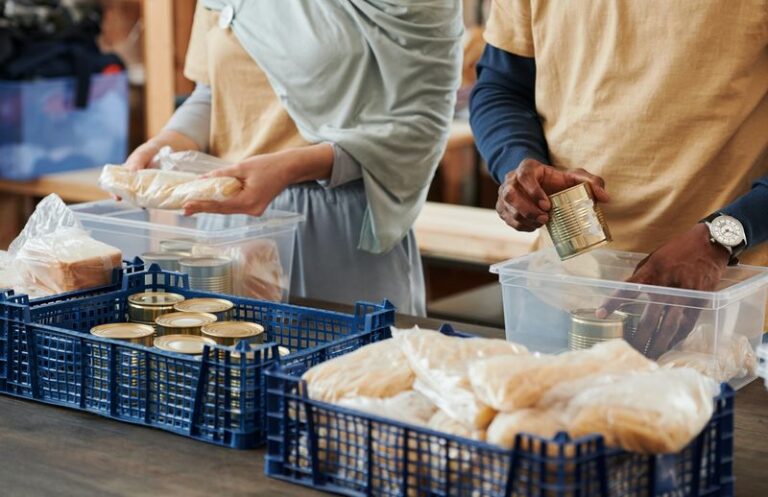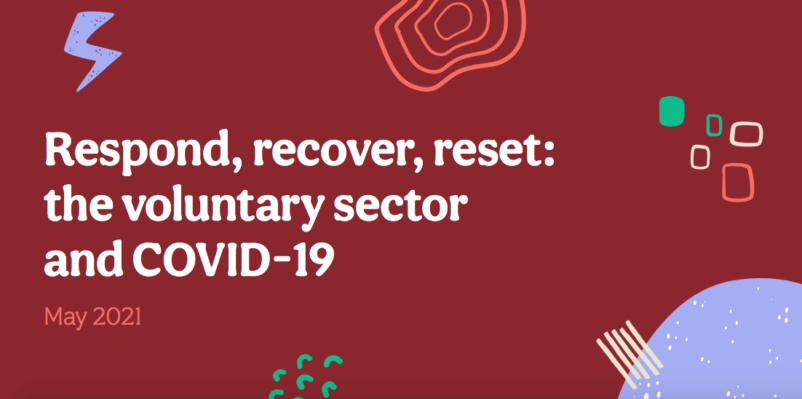Volunteering numbers down since pandemic, NCVO reports

With a week to go until the Big Help Out, the NCVO has released new data on volunteering, showing that numbers are down in key areas including events and running activities, with satisfaction among volunteers also falling.
Time Well Spent is NCVO’s research programme focusing on volunteers and their experience. A first survey of 10,000 people was carried out in 2018, and again at the end of 2022 with 7,000 people, with the results compared.
Some of the key findings from the resulting report, Time Well Spent 2023, have now been released. They reveal a drop in some key volunteering activities, namely raising money or taking part in sponsored events, organising or helping to run activities, and campaigning on behalf of a group, club or organisation. Research just released by Charities Aid Foundation also shows volunteering numbers down on pre-pandemic levels.
Advertisement
Falling numbers
Since 2018, the report shows that numbers raising money or taking part in sponsored events have almost halved, down from 11% to 6%. The picture is the same among those campaigning on behalf of a group, club or organisation, which has fallen from 8% to 4%. In addition, there has been a 52% drop in those organising or helping to run an activity (down from 14% to 7%).
Rising dissatisfaction
And, while satisfaction is high with most people who had volunteered in the last 12 months through a group, club or organisation very or fairly satisfied with their experience – overall satisfaction levels have also decreased slightly. In 2018, 96% of volunteers said they were very or fairly satisfied with their experience, compared to 92% in 2022.
‘Too much like paid work’
Looking at why, NCVO’s data highlights a number of reasons. Volunteers are now more likely to think their volunteering is becoming too much like paid work (up from 19% in 2018 to 26% in 2022). More volunteers also felt their volunteering group or organisation had unreasonable expectations of how much they did (17% in 2018 compared to 24% in 2022). There was also an increase in public sector volunteers since 2018, who are less likely to be satisfied with their experience compared with third sector volunteers.
People are also less inclined to say they are likely to continue volunteering – down from 80% in 2018 to 77% in 2022. For most, the main reason for stopping is changes in circumstances.
Diversity is also an issue – in 2018, 73% of volunteers said there were people from a wide range of backgrounds and cultures in their group, dropping to 66% in 2022.
Financial and time issues
NCVO found the issue of expenses particularly noticeable, which, it says, indicates that organisations need to do more to ease concerns about volunteering expenses, particularly if they want to attract younger volunteers.
Its data shows that:
- 14% of those who haven’t volunteered through a group, club or organisation in the last 12 months are worried about out-of-pocket expenses – up from 9% in 2018, and also higher among 18-24-year-olds (20%).
- Only 55% of volunteers say their volunteer group, club or organisation would reimburse their expenses if they wanted them to. 16% don’t know if they would.
Time is also an issue for some. NCVO found that among those who had considered volunteering in the last 12 months, the most common barriers were:
- thinking it involved more time than they could commit (21%)
- it wasn’t flexible (14%)
- opportunities not matching their skills, interests or experience (14%).
Recommendations
NCVO suggests that offering more flexible volunteering opportunities, such as virtual volunteering, could help attract new volunteers. For those already volunteering, continued support will also be key.
Sarah Vibert, NCVO CEO, said:
“The data shows the impact of Covid on volunteering has been profound. People who were lifelong volunteers broke their habit during the pandemic and haven’t yet got back to it. Given how important volunteering is to our social fabric – and how much people get out of it – we need an urgent focus on helping people find opportunities that suit them.
“There are also positives with high levels of satisfaction among volunteers. This is a testament to the hard work of volunteer-involving organisations. Many have had to adapt their volunteering opportunities over the last few years to respond to social distancing measures as well as new need in communities.”
The full Time Well Spent report will be launched in June.




